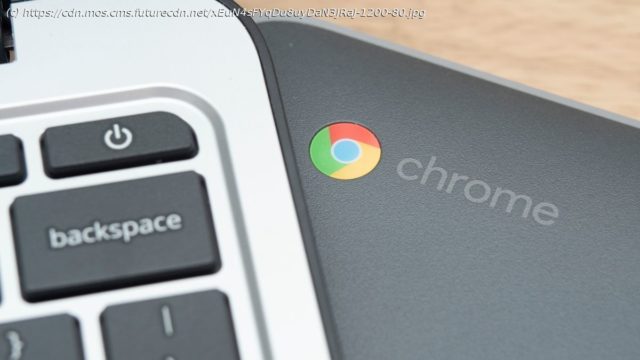Which operating system is right for you?
If you’re trying to decide on a new laptop for work, school, or personal use, then knowing the differences between Windows and ChromeOS is essential. Both are operating systems that handle processes and applications and control your machine’s hardware.
However, Windows and ChromeOS are distinct in how they work and the functionality they can offer you as the end user. Whether you’re considering one of the best laptops or one of the best cheap laptops, these are among the two most popular operating systems available in entry-level to mid-range computers.
For more information on ChromeOS, we recommend reading up on the best Chromebooks. This way you will be able to see the ways that the operating system can utilize different form factors of hardware (and how the various asking prices compare to your budget). Additionally, you can read five ways Chromebooks are better than laptops.What is Windows?
In short, Windows is Microsoft’s leading operating system and the most popular desktop OS by market share. Around 75% of all computers worldwide use Windows, whether that’s on laptops or desktops. The most recent version is Windows 11, which was launched in October 2021 and took over from Windows 10.
Windows can either be used on x86 hardware or ARM-based systems, with different levels of compatibility for software between the two. Microsoft’s operating system is renowned for its straightforward and iterative user experience which has (largely) remained the same for decades.What is ChromeOS?
First released in 2011, alongside first-generation Google Chromebooks, ChromeOS was billed as a web-based and lightweight alternative to operating systems such as Windows, which could unify everything tied to a Google account.
As a result, the requirements for running the software are (usually) much less demanding than what’s typically seen from alternatives.
Your Google account is key to everything you can do on ChromeOS, including web browsing, word processing, and downloading applications. In 2016, Google included Android functionality through the addition of the Google Play Store, meaning access to thousands of applications running in the operating system.
However, it’s important to note that a lot of features of ChromeOS require an internet connection. This is why it can perform a lot of tasks on slower hardware, as the workloads are done in the cloud, but it also means that when you’re offline you might find ChromeOS is less useful.Main differences between Windows and ChromeOS
The biggest difference to understand when weighing up Microsoft Windows against ChromeOS is that the former runs native applications and the latter is mainly cloud-based, relying on an internet connection to perform optimally.






